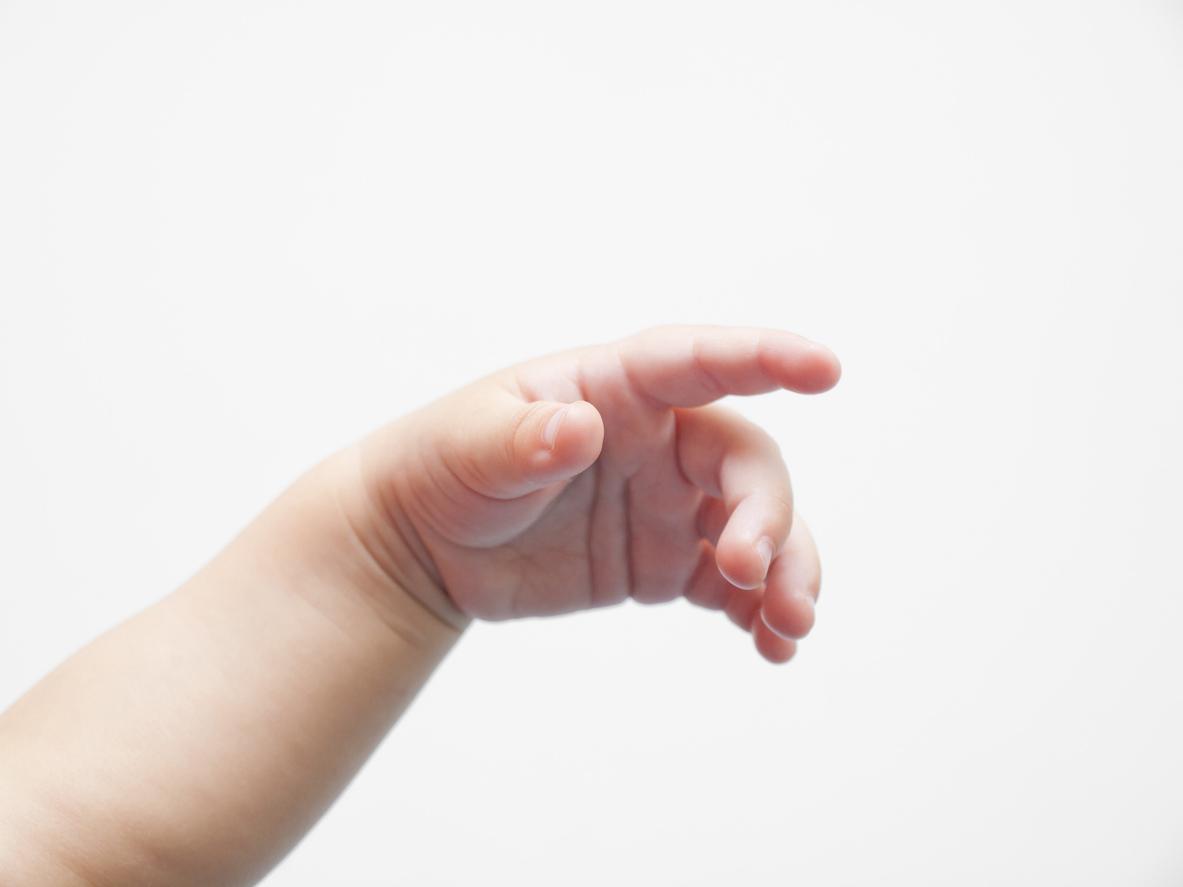If not identified and treated early, Attention Deficit Hyperactivity Disorder can have lifelong consequences for a child.
-1574444290.jpg)
Called ADHD, attention deficit disorder with or without hyperactivity, is a behavioral disorder that mainly affects children and adolescents to varying degrees. Its consequences can appear very early, and disrupt personal, school and family functioning.
How to recognize ADHD?
About 3.5% of the population suffers from ADHD in France. Although the disorder is usually diagnosed around the age of 7, the first symptoms can appear as early as age 2, in the form of inattention, hyperactivity or impulsivity. In general, it is about difficulties for the child to respect the instructions, to organize his activities, to keep quiet, to wait his turn, or to tolerate frustration. He may have a tendency to have mood swings, to be very active even when he has to sit still, to lose objects or to be unable to concentrate on a task for very long.
Symptoms tend to increase during situations requiring discipline or effort and decrease during play, a new situation, or when the child is complimented on their behavior. This is why the diagnosis can be difficult to make because the seizures and the general behavior vary according to the context.
What are the solutions for the parents and the child?
Even if a psychological and child psychiatric follow-up remains essential so that the child can develop normally, it is possible to help him through some advice:
- Try to encourage quiet activities, whether it’s homework or other tasks that require attention, avoiding sources of stimulation or distraction such as the television, video games, computer, or telephone.
- Make sure he understands the instructions before doing something and encourage him even if he doesn’t complete the task completely.
- Encourage him to exert himself physically during the day while keeping a watchful eye to prevent him from injuring himself, then favor calm activities several hours before bedtime.
Remember that an ADHD child needs encouragement and motivation. Rather than falling into physical or verbal violence, don’t hesitate to ask for help and recognize your limits before losing your patience.
Find out more: “ADD/H told to children: I have a what?”, by Ariane Hébert and Jean Morin, published by De Mortagne.
.














